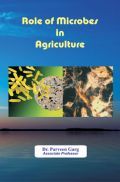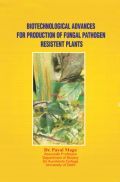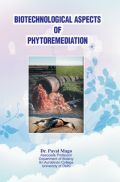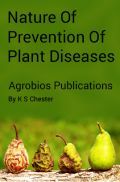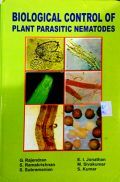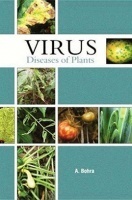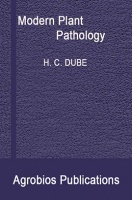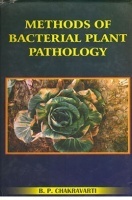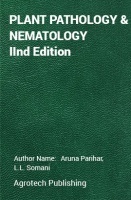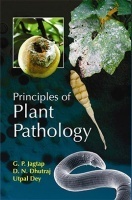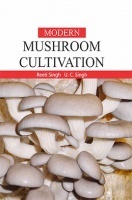The awareness for seed health has increased many folds among planners, researchers, growers, traders, and consumers, in the trade-era of WTO and subsequent post GATT- implications of various treaties. With the implementation of Seed Bill (amendment in Seed Act 1966), the seed health testing shall be an obligatory issue beside the consideration of seed germination and purity tests for certification. However, in Indian Seed Certification System several diseases associated with seeds have been designated as objectionable in seed production programme of Foundation and Certified seeds. The tolerance limits for Seed Crop and Seed Lot have been formulated with Indian Minimum Seed Certification Standards.
This book Useful for Plant Pathology.
1. Certification for Objectionable Seaborne Diseases
2. Seed Health Testing
3. Detection of Seaborne Fungal Pathogens and Salvaging of Infected
4. Detection of Seaborne Bacterial Diseases
5. Detection of Seaborne Transmissible Viruses
6. Detection of Nematodes through Molecular Techniques
7. Loose Smut of Wheat
8. Karnal Bunt of Wheat
9. Wheat Seed-Gall Nematode: Anguina Tritici (Steninbuch, 1799)
10. Kernal Smut of Rice
11. Downy Mildew of Sunflower
12. Grain Smut of Sorghum
13. Head Smut of Sorghum
14. Ergot of Sorghum
15. Downy Mildew and Smut of Pearl Millet
16. Grain Smut of Pearl Millet
17. Ergot of Pearl Millet
18. Halo Blight of Green Gram
19. Cercospora Leaf Spot of Sesame
20. Seed Cane Standards
21. Sugarcane Wilt
22. Red Rot of Sugarcane
23. Sugarcane Smut
24. Smut of Sugarcane
25. Potential Threat of Seed Associated Pathogens in Major Pulse Crops
26. Potential Threats of Seed Associated Pathogens in Major Oilseed Crops and their Management
27. Management of Seed Associated Diseases through Seed Treatment
28. Management of Seed Associated Diseases through Physical Methods
29. Transgenic Crops: Biosafety Issue and International Regulations Impacting their Development
30. Genetic and Breeding of Nematode Resistance
31. Subject Index







